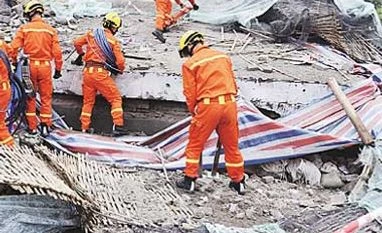Mobile phones are transforming emergency response in developing countries by unlocking untapped reserves of local knowledge and creativity. A new report "Connected Citizens: Managing Crisis" from Developing Telecoms, uses examples from recent crises in Afghanistan, Indonesia, Iraq, Nepal, the Philippines and West Africa to show how mobile network coverage enables those directly impacted to collaborate and help themselves more quickly than external aid agencies.
During crises such as natural disasters and conflicts, connected citizens in developing countries are finding new solutions to traditional challenges. The report cites several examples of this new trend - in Iraq mobile network operators collaborated to set up a single short code SMS hotline to feed information back to a dedicated call centre about the needs of displaced persons in response to user requests. Similarly, during the Nepalese earthquake, mobile operator Ooredoo reacted to user needs by setting up a satellite link to reconnect families using a mobile phone internet connection.
During crises such as natural disasters and conflicts, connected citizens in developing countries are finding new solutions to traditional challenges. The report cites several examples of this new trend - in Iraq mobile network operators collaborated to set up a single short code SMS hotline to feed information back to a dedicated call centre about the needs of displaced persons in response to user requests. Similarly, during the Nepalese earthquake, mobile operator Ooredoo reacted to user needs by setting up a satellite link to reconnect families using a mobile phone internet connection.
)